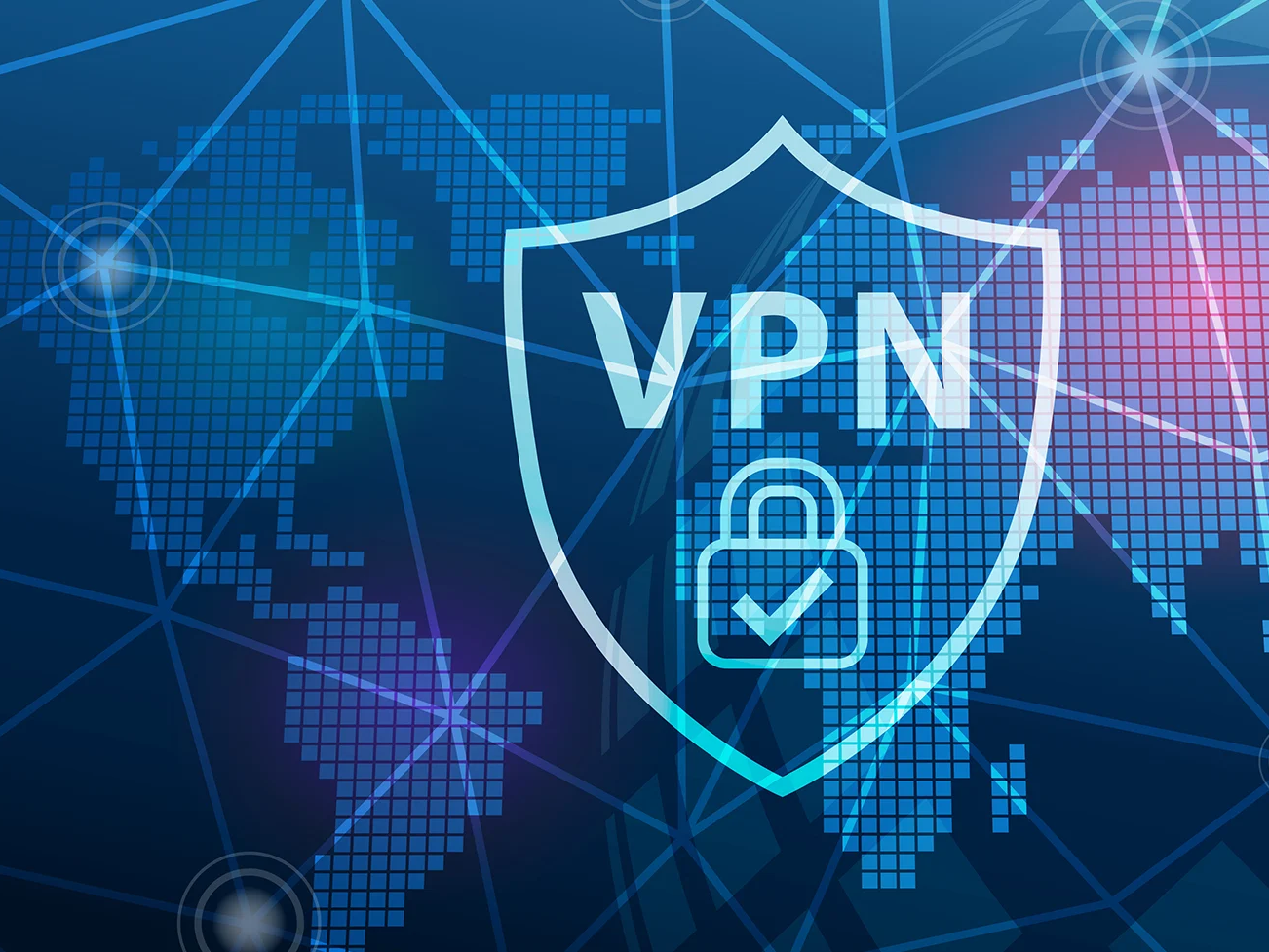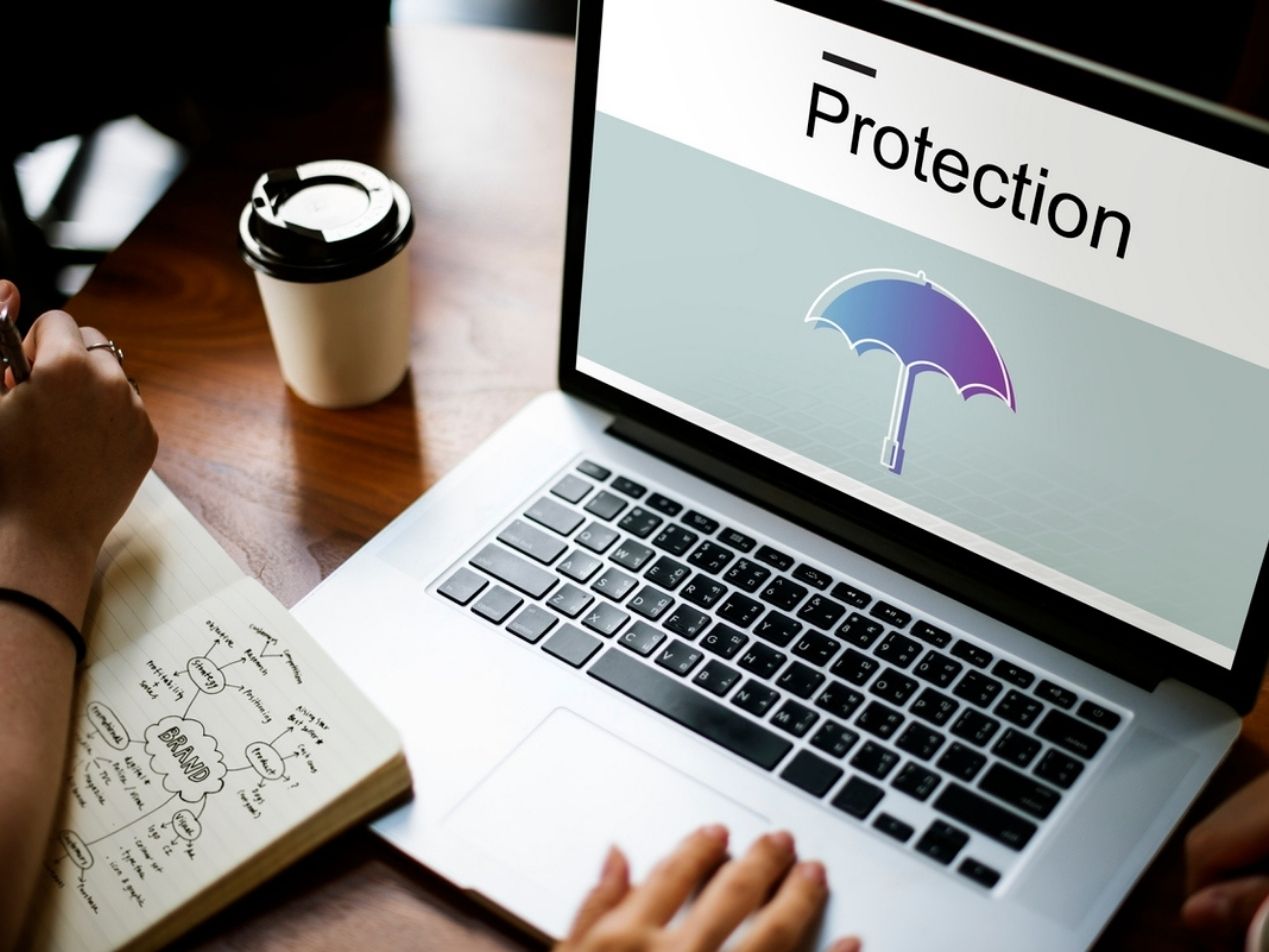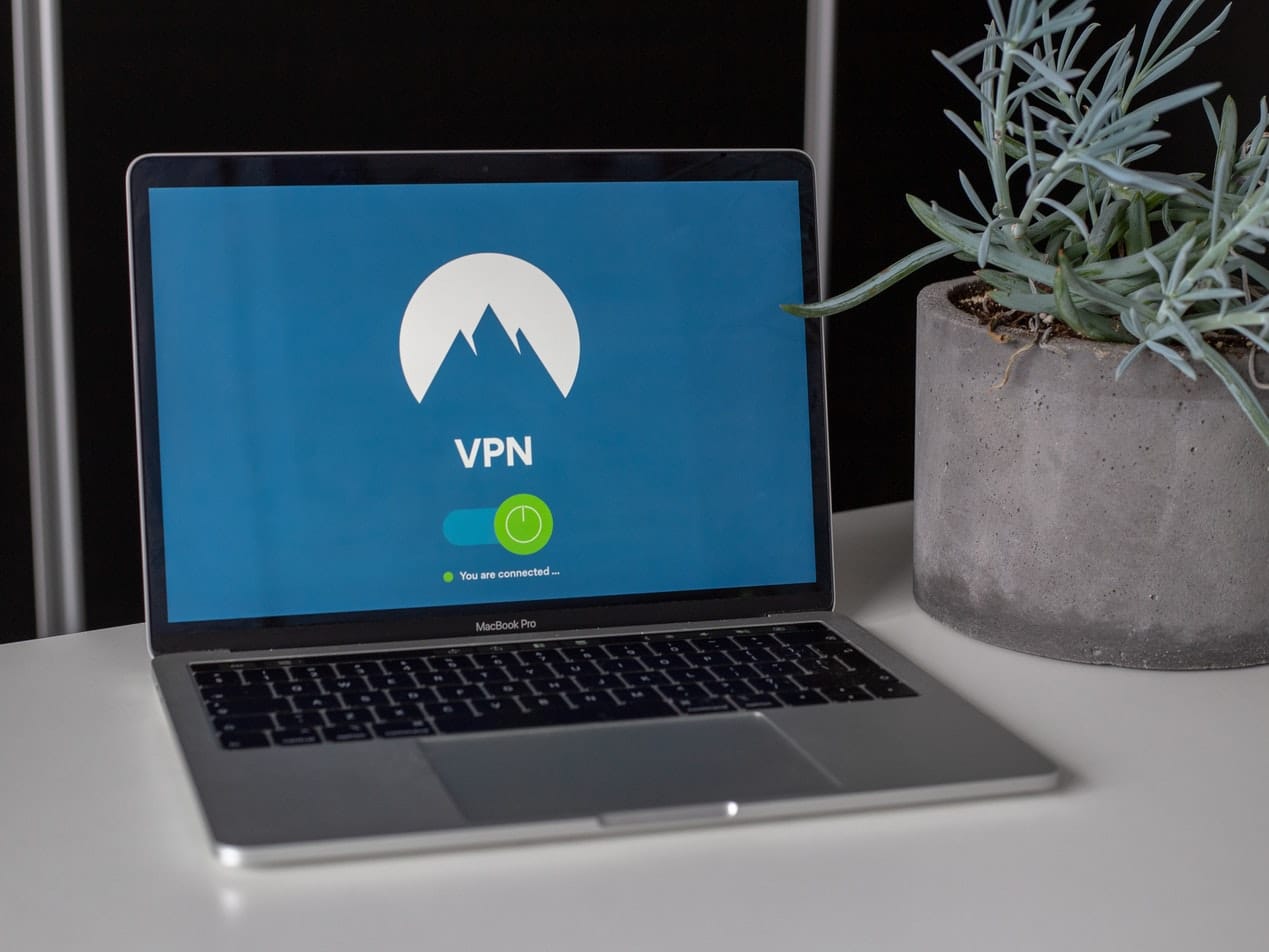
If you value your privacy—and you should—there are many simple things you can do to protect your information while enjoying all the wonders the Internet has to offer. Every major web browser allows you to surf the web without accumulating a trail of digital crumbs. Google Chrome calls it " incognito mode," Microsoft Edge calls it " InPrivate," and both Firefox and Safari have " private browsing." Minimizing your use of social media, or at least using Facebook and Instagram with care, is also a good strategy. And we've written before about two-factor authentication, which is becoming increasingly important as simple usernames and passwords are not enough to secure important accounts. But if you consider yourself privacy savvy, someone who practices good information hygiene, you should also consider using a virtual private network, or VPN.
What is a VPN?
A VPN creates a private network connection within a public Internet connection. Often described as a "data tunnel," a VPN uses encryption to scramble data that's being sent over a network or the Internet. Just as importantly, a VPN can hide your Internet Protocol (IP) address, which can often reveal your geographic location, and be cross-referenced with other databases to track or even identify you. The "data tunnel" allows you to connect through your local network, but emerge on the public Internet somewhere else. This means a network administrator, advertising network, or malicious hacker will only be able to trace your connection back to that exit point, whether it's in Nebraska or Sri Lanka. In fact, some VPN services let you choose where your endpoint is located.
Aren't VPNs used to break the law?
To a certain generation of netizens, VPNs are primarily tools of circumvention, a way to get around pesky policies or laws. Indeed, the dozens of VPNs vying for your business will obliquely, or blatantly, advertise how they help you to access services outside the U.S. or run BitTorrent anonymously. If your VPN helps you look like a consumer in Germany for example, you could potentially access sites designed only for German residents. But VPNs are also part of the everyday carry of corporate road warriors who need to access their company’s systems safely. You might even use a VPN regularly for your job. Many large companies operate VPNs so that remote employees (and almost all employees during a pandemic) can securely connect to their corporate networks from elsewhere. SEE ALSO: Cybersecurity Challenges of Remote Working A VPN allows a worker sitting in a coffee shop in Burbank to securely do her work on the corporate network in San Francisco as if she were sitting in the office.
Why should I use a VPN?
For all the measures you put in place to protect your information and secure your accounts, your Internet service provider is often the one entity that still knows everything you do or every place you go online. Whether it's your cable company at home, or the Wi-Fi operator at the local coffee shop—anyone who stands between your computer or phone and the internet has a peephole into your Internet activities. Indeed, like most “free” services, that complimentary Wi-Fi at the mall or airport is usually offered in exchange for the valuable and interesting information that can be gathered from all the people who connect without a second thought. Because a VPN both scrambles your information as it crisscrosses the globe and obscures your real IP address, you become much less attractive to both legitimate and malicious entities looking to track you. With unreadable data emerging from unrelated connections in different places, there's nothing to latch onto.
How do I choose a VPN?
The VPN business is booming, as more and more Internet users learn about their benefits. There are dozens of popular services and hundreds of fringe options. Web reviews are a good place to start if you keep in mind that most online reviews are influenced by referral fees and search engine manipulation. But here are a few criteria you can weigh, depending on what’s most important to you.
Price is probably where most people start, and there are “free” VPNs. The fact that the word “free” needs to be in quotes should tell you all that you need to know about these options. "Free" usually means that you are the product being bought and sold. Cheap VPNs, meanwhile, will have fewer nodes, or slower networks. At the low end of the market, your VPN experience is likely to be so poor that it discourages you from using a VPN at all.
Performance is a much better criterion. The size of the network usually determines the speed of the VPN. Hundreds of nodes spread around the globe give you plenty of options, and usually mean you’ll be able to get a solid connection. Of course, a large network is more expensive to run and thus pricier to use. Whether the VPN keeps logs of its users’ activities is an important factor—even if you’re not doing anything you shouldn’t be. If a government or nefarious entity demands or tries to steal these records, the best scenario is one where the records don’t exist. And look for a VPN that works across all the devices you use, from your computer at work to your laptop at home to your smartphone. Finally, if you’re especially cautious, you can look for VPNs based outside the U.S., U.K., Canada, Australia, and New Zealand—members of the “Five Eyes” alliance that trade surveillance and intelligence.
Conclusion
There's a reason why many companies require employees to use a VPN, but the threats they prevent obviously exist outside of the workplace. While there are ways to compromise a VPN, such attacks are not common, but a VPN should never be your only line of defense. Employing a HIPAA compliant email solution with strong inbound security features, such as Paubox Email Suite Plus, is something else to consider. Whether you’re merely cautious or outright paranoid, a VPN should be in your tech toolkit.
Subscribe to Paubox Weekly
Every Friday we bring you the most important news from Paubox. Our aim is to make you smarter, faster.




